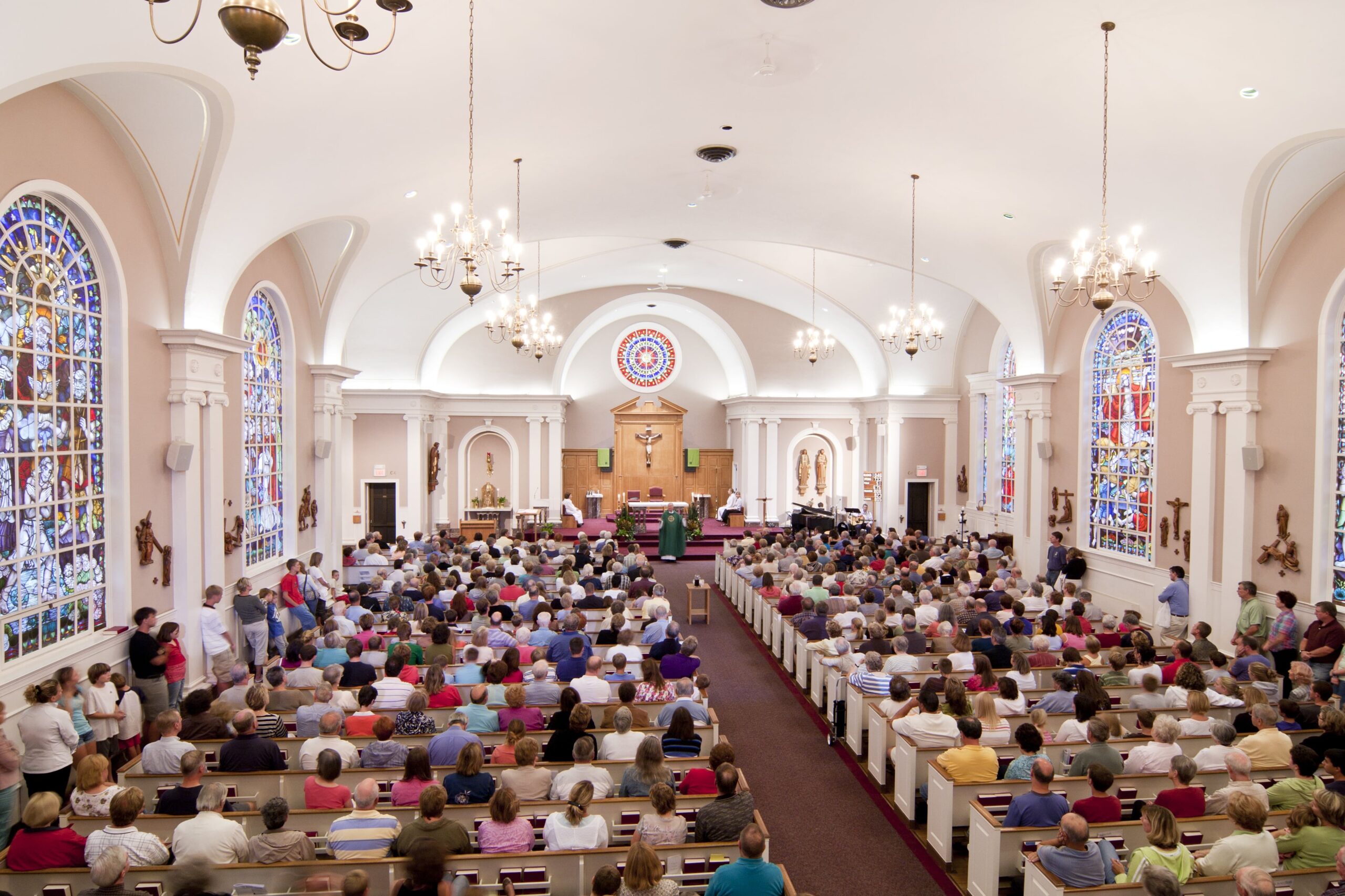Leaders work hard and like to get things done. Leaders move fast, but let’s pump the brakes a little bit. Just like a road trip without a destination can lead you in circles, your church can get lost without a strategic plan. Leaders must also realize what kind of church they’re leading. For example, cars are meant to be driven differently. You don’t drive a diesel truck the same way you drive a sports car. And each church is driven by different values. A strategic plan shows more than where the church is going and – by defining its values – it also explains how the church will get there.
You might think that every church should have the same values.
The guide, Church Strategic Plans: Why You Need One & How to Build One, sheds light on why you’re right but also wrong in this thinking.
Every church values some things over other things.
- Do you value your first-time visitors or your faithful members?
- Do you value structure or being spontaneously led by the Spirit?
- Do you value generosity or stewardship?
- Do you value holiness or having a second chance?
- Do you value showing honor to those in authority or humility of those in authority?
- Do you value teaching the word or inspiring people?
You may say you value all of these things and not one over the other. Good, you should! The point is that different churches place a higher value on some of these, and it shows in the ways they carry out ministry.
For example, some churches:
→ will go above and beyond to make new guests feel welcome and accepted. But this doesn’t mean they don’t care about their members.
→ focus their energy on training and equipping their faithful members. But this doesn’t mean they don’t care about visitors.
→ run each Sunday with minute-by-minute precession. But it doesn’t mean they don’t seek the Lord for His leading.
→ give their money freely away to their members and community in need. And others carefully watch over dollars, being careful with the members’ recurring giving.
→ strive to see every member walk in holiness as the scriptures demand, and others offer grace and mercy freely as scripture demands.
→ honor their leaders with the best parking spots; some purposely park in the farthest away spots.
You can find a scriptural and historical precedent for all of the above, but different churches place different values on their ministries. Your values impact how you do things, and your church should take the time to name the things you value and explain why they’re so important. This will help people connect with your vision and engage with your church. And let’s face it. The church world is competitive. With so many churches vying for members, resources, and influence, a strategic plan is necessary.
- Values provide clarity. They help leaders and volunteers understand the church’s priorities and provide a framework for decision-making.
- Values also play a vital role in shaping the church’s culture. When values are clearly defined and communicated, they influence how people behave, interact, and work together.
- Values help to create a purposeful and positive environment where individuals feel valued, respected, and supported.
- Values also help to establish a church’s reputation and brand. When values are consistent with actions, it yields trust and credibility with members, visitors, and your community.
Values are the guiding principles that govern the behavior of your church and should be aligned with your purpose statement. When a church leader can clearly define and communicate the church’s values to every leader and member, the church ministries will be more consistent and cohesive. One last thought, you know all those community outreach ideas for churches that you’ve prayed and pondered over? Churches that prioritize and invest in their values are more likely to succeed in reaching their community.
It’s easy to look at the world’s chaos and wonder about your church’s ability to impact it. The Apostle Peter wrote this to the first-century church: “We have everything we need to live a life that pleases God. It was all given to us by God’s own power, when we learned that He had invited us to share in His wonderful goodness.” A strategic plan can help your church unleash the unique gifts God has given your church for impacting the world.
We value the opportunity to walk beside you as you discover that call and the gifts He has given you to fulfill it. And to that, we will continue to provide church technology, conduct research, create guides, and deliver more Church Growth Resources to spur you onward.
UNLOCK FUTURE GROWTH
WITH A STRATEGIC PLAN THAT WORKS
If you’re like most church leaders, developing a strategic plan can be overwhelming. So we’ve developed a FREE short guide. It will help you think through how to create an effective strategic plan. We layout:
- The costs of not having a strategic plan for your church.
- The components of a great strategic plan.
- How to put together the right team to create an effective plan.
Carol has worked in the ACST Marketing department and managed most aspects of marketing over the last 20 years. Before ACST, she spent many years handling marketing for companies across the US. Companies including Novell, WordPerfect, Purolator Courier, ArtToday.com, and U.S.News & World Report. Carol is a cradle Catholic who has been active her entire life and has served in volunteer positions within her parish. These include formation instructor, lector, code red responder, and numerous other volunteer roles.





